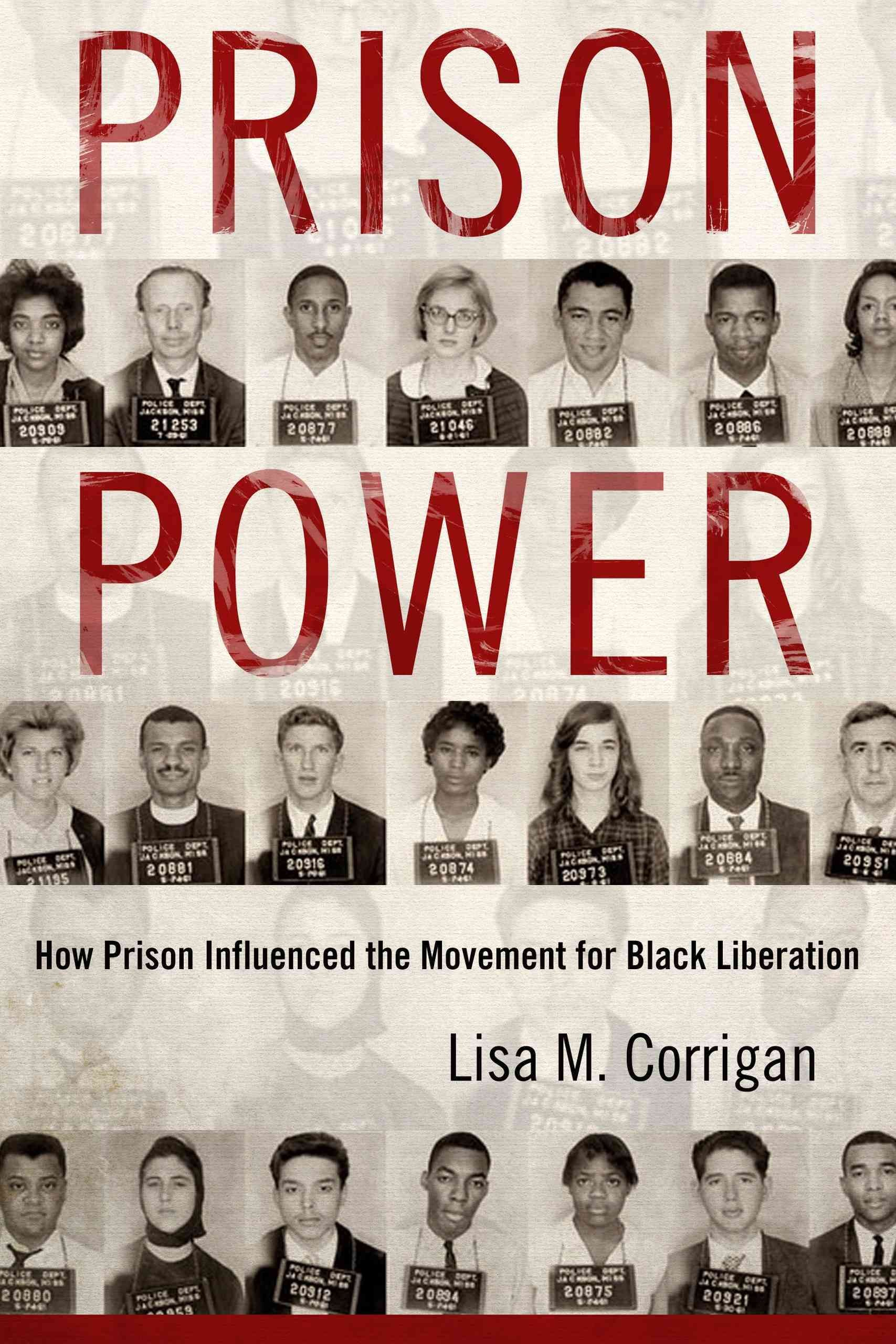In the Black liberation movement, imprisonment emerged a key rhetorical, theoretical, and media resource as activists developed tactics and ideology to counter white supremacy. As a site for both political and personal transformation, Lisa Corrigan underscores how imprisonment shaped movement leaders by influencing their political analysis and organizational strategies. Prison became the critical space for the transformation from civil rights to Black Power, especially as southern civil rights activistsfaced setbacks in achieving equality. Corrigan fills gaps between Black Power historiography and prison studies by scrutinizing the rhetorical forms and strategies of the Black Power ideology that arose from prison politics. These discourses demonstrate how Black Power activism shifted its tactics to regenerate, even after the FBI sought to disrupt, discredit, and destroy the movement–












